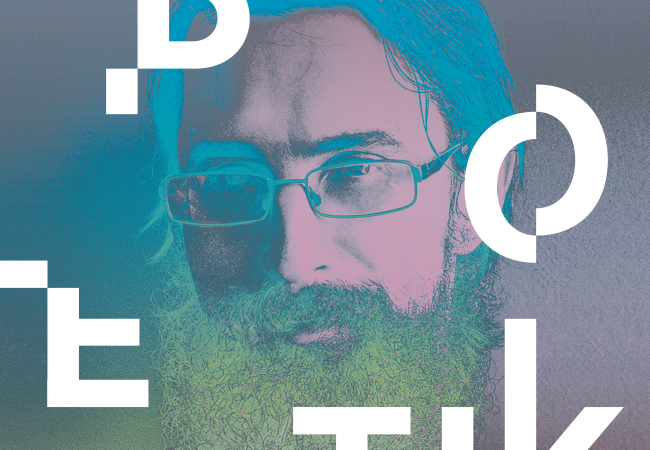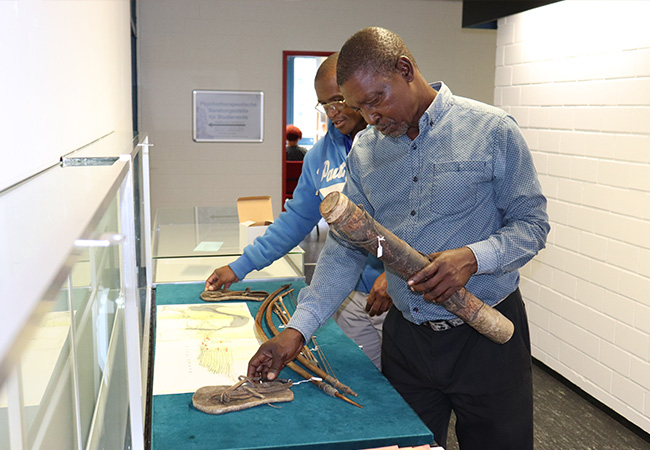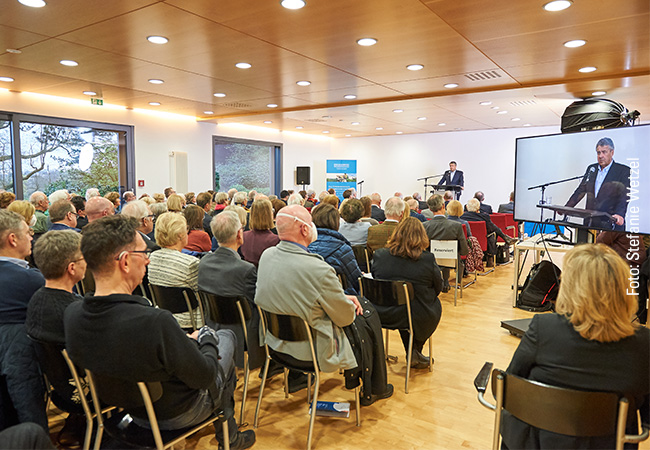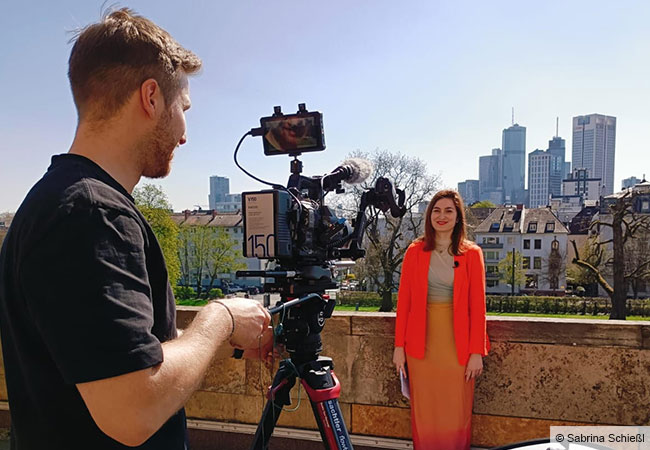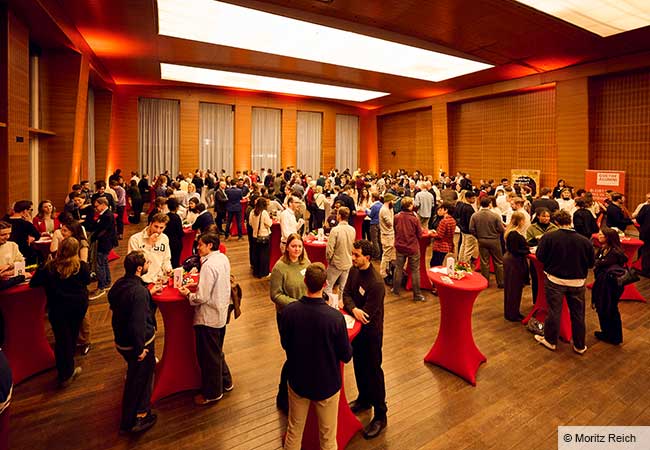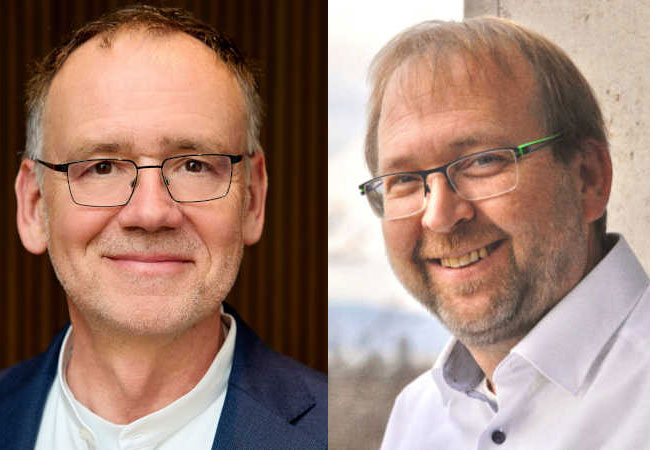The conference on “New Directions in the History of the Black Power Movement”, organized by Prof. Simon Wendt, is open to the public.
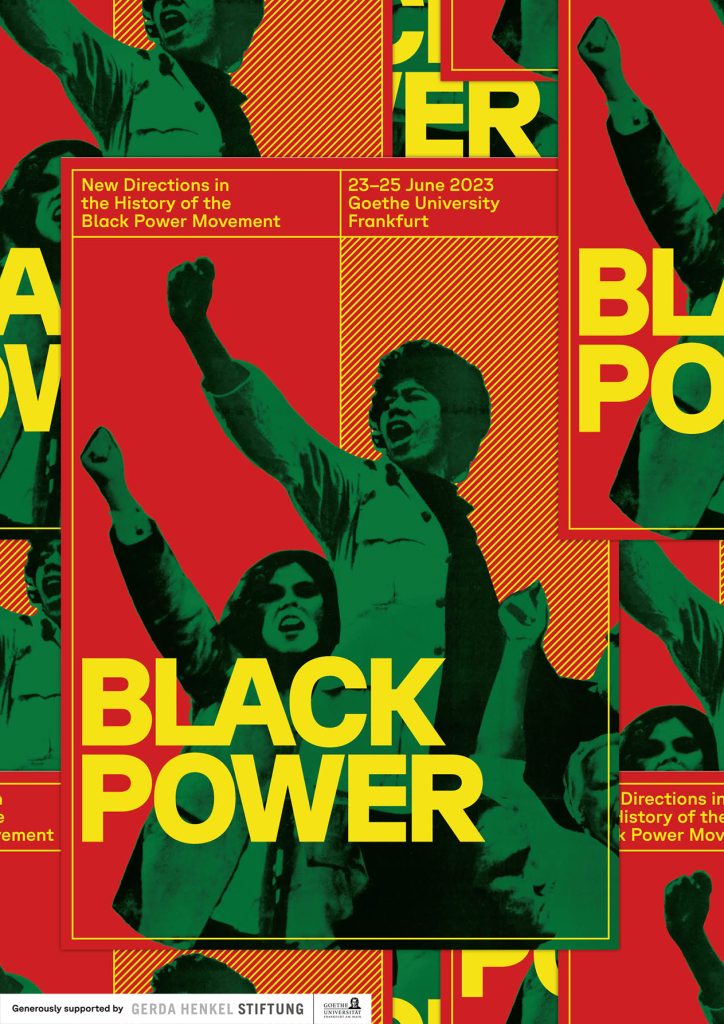
The black fists raised by two African American athletes standing on the winners’ podium at the 1968 Olympic Games have etched themselves deep into the collective memory. Yet this symbolic gesture may have harmed the Black Power movement more than it helped, says Simon Wendt, Professor of American Studies at Goethe University and conference organizer. The reason: While the civil rights movement was largely considered peaceful and constructive before the death of Martin Luther King in 1968, much of the American public associated Black Power with violent protest, using forceful gestures. “The movement was often seen as the ‘evil twin of the civil rights movement’, which more or less destroyed Martin Luther King’s legacy,” Wendt says. The conference “New Directions in the History of the Black Power Movement” intends to help rectify this distorted image – which was and still is widespread in Europe, too. Historians and cultural scientists have published numerous articles on the topic over the last 20 years. Researchers specialized in this field will now meet at Goethe University to discuss new findings and interpretations. “I’m delighted that so many interesting early career researchers with real cutting-edge topics will join in addition to established top-level researchers, some of them from the US.”
In the United States, topics like racial police violence against African Americans have come to the fore again in recent years. New movements like Black Lives Matter have raised public awareness about the fact that much is still amiss in American society. “I can’t breathe” has become the desperate slogan of those subjected to police violence on a near daily basis, in some cases defenseless. Wendt: “It is surprising to see that these new anti-racist movements hardly refer to the Black Power movement. Maybe out of fear of the negative image that continues to be associated with these activists. Yet, the research conducted on the subject to date has produced a more differentiated image of the Black Power movement, one that shows that the activists were able to achieve a great deal back then. As such, many cities elected black mayors, established cultural centers, and provided poor families with food and clothing. The discussion centered on what is required so black people can improve their position in a system that remains racist. Some of these questions were not answered by King’s civil rights movement.” Even if the Black Power movement has no longer been in the spotlight since the 1970s, research now views it as a “long movement”. “On the one hand, this movement arose against a specific background, whereas on the other, certain lines can be traced to the present,” Wendt stresses.

All told, Wendt says, research now looks at the Black Power movement in a much more positive light. The conference will also address aspects that have remained on the sidelines up to now: For one, it will focus on the global significance of antiracist activism. “Back then, Angela Davis was an icon of the protest in both West and East Germany. She studied at Goethe University and people took to the streets in support of her, to show solidarity with the Black Panther movement.” Another research field focuses on women in the Black Power movement. For a long time, attention centered mainly on activists’ attempts to emphasize and strengthen black masculinity. “It’s important to elucidate the political and cultural contribution made by women in the movement,” Wendt points out. A third, rarely examined, aspect is the role played by religion: “For a long time, religiosity was firmly placed within Martin Luther King’s civil rights movement, while the Black Power movement tended to be seen as non-religious. But this picture is much too one-sided.”
Renowned historian Ashley Farmer from the University of Texas at Austin will deliver the keynote address on the conference’s opening day. Farmer’s lecture on “Queen Mother” Audley Moore will shed light on the life of an African American activist, who, like Malcom X, had a huge influence on the Black Power movement – but has since been forgotten.
There is no need to register to attend the conference. “We found it important that our students and other interested people in Frankfurt should have easy access to the lectures and discussions. We’re looking forward to a lively debate.”
Conference
New Directions in the History of Black Power Movement
June 23 to 25, 2023
Auditorium Complex, Room HZ 14
Westend Campus
https://black-power-conference.de
The conference is supported by the Gerda Henkel Foundation.



